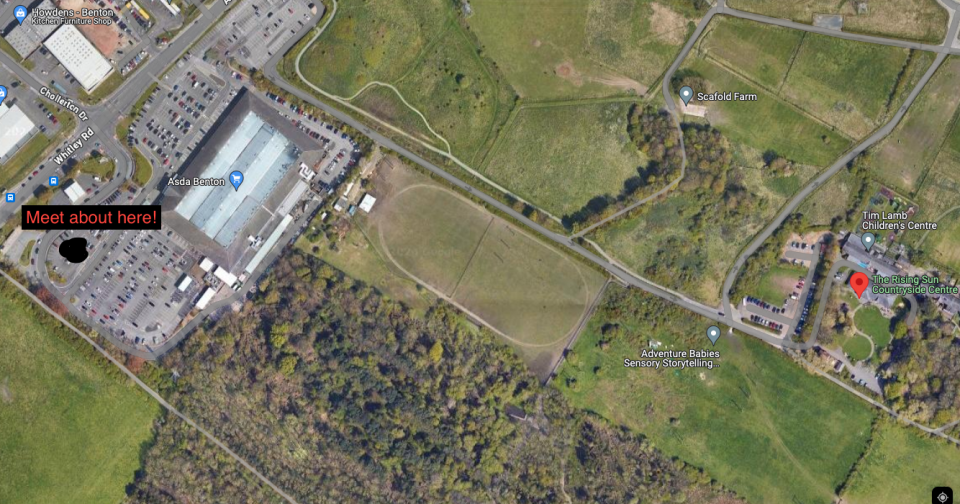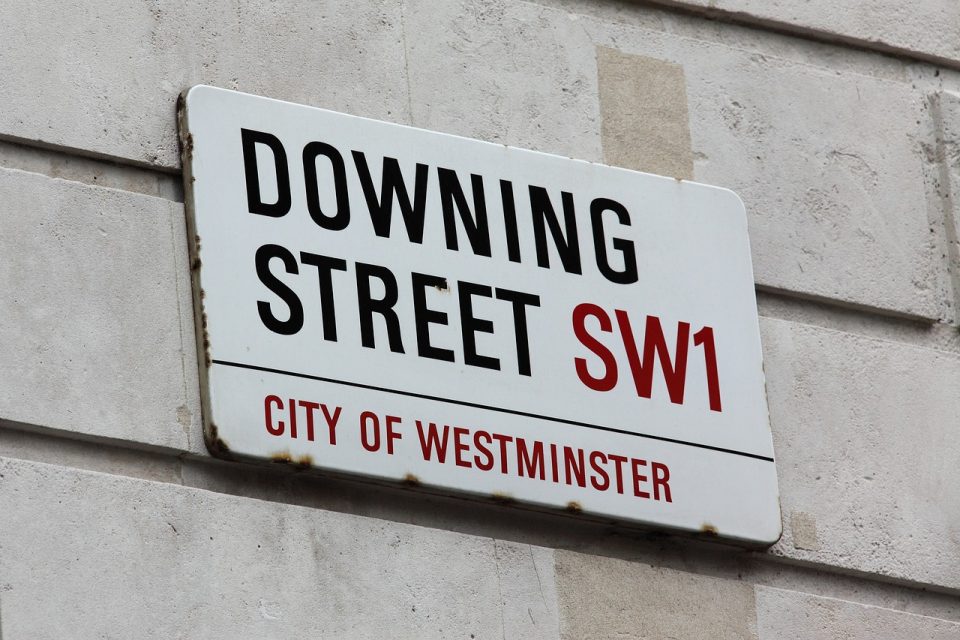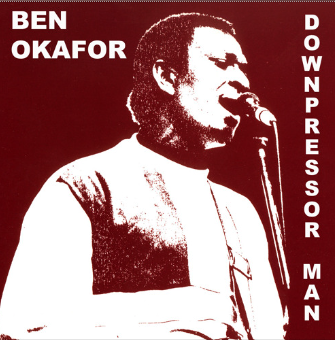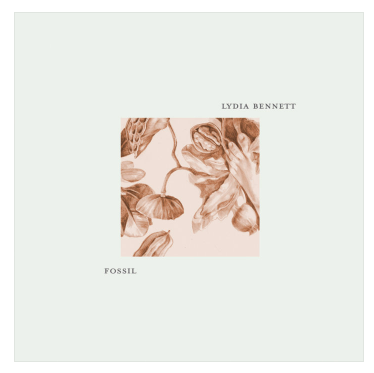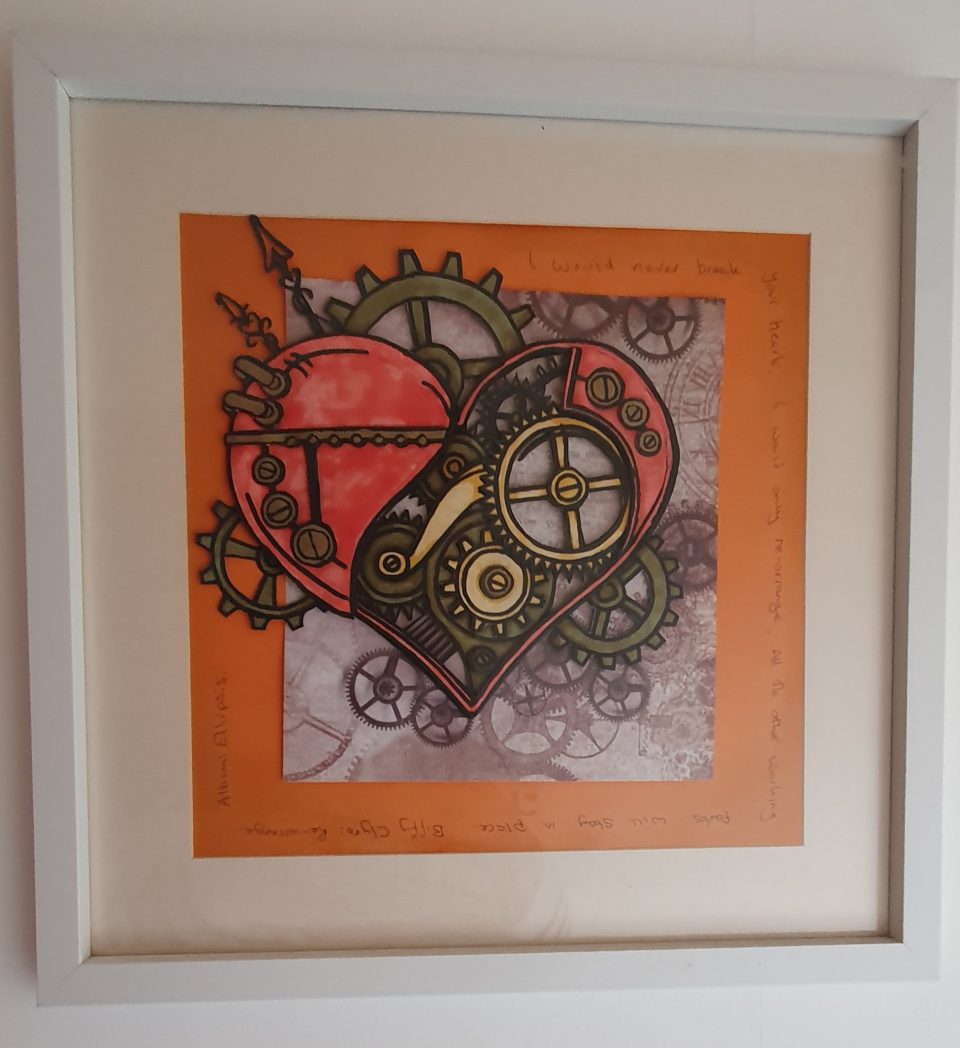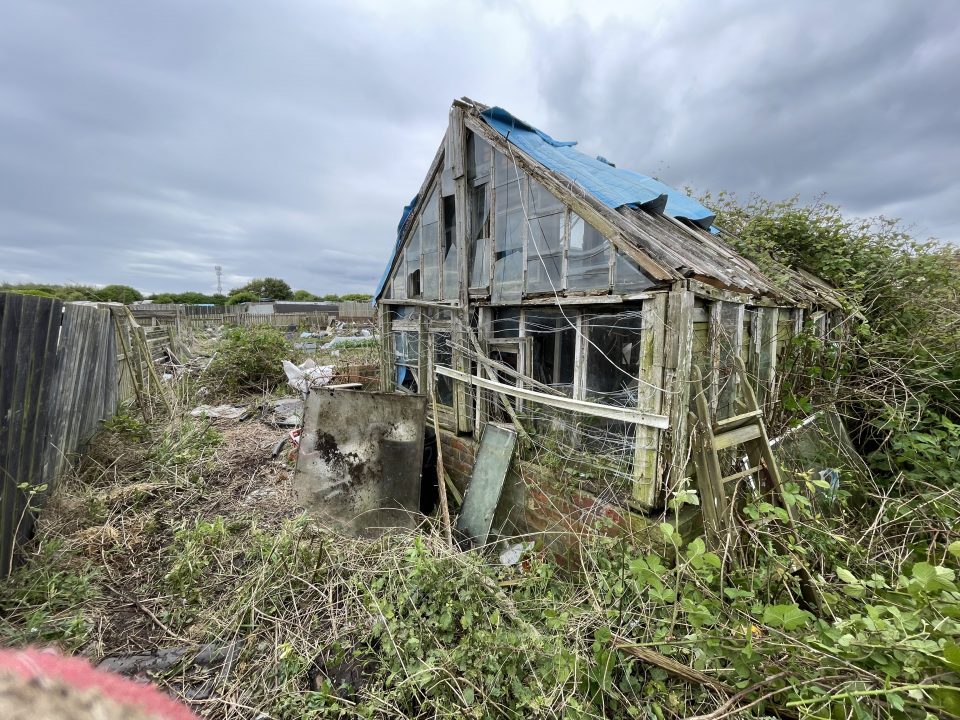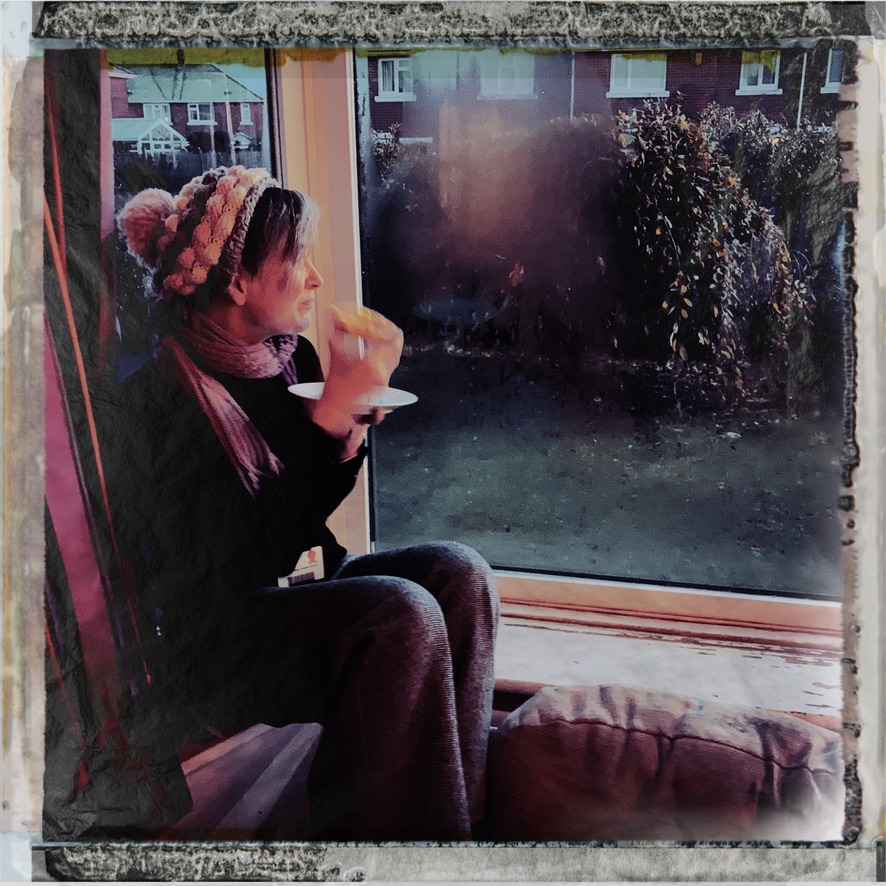Hi folks, I hope you are doing ok! In August Sunday@thepub usually slows down. We will be meeting informally on the 4th and 18th. The later date we will be going for a curry, if you need more info please just ask. We won’t be meeting on the 11th or 25th. This week we are going for a wander, meeting …
Music and Politics
Hi folks, i hope you are doing ok? This week we are meeting at the Crescent Club in Cullercoats, meeting at 7.30, I hope you can join us! I put a call out a few weeks ago for people to write a blog on either music, art, film, stories for our conversation, i’m thankful that the first persons to raise …
It’s coming home….??
Hi folks how we all doing? Because of the Euros final being on Sunday evening we have decided that we will leave it up to you to decide what you want to do… You can either stay home and do your own thing, or you can join Karen and I in the Enigma Tap for the match, we will …
Nothing
My musings this week have been inspired by our conversation at Sunday at the pub last week. We talked about monsters and childhood. As we drove home I was thinking about one of my favourite children’s picture books – Nothing by Mick Inkpen. https://www.youtube.com/watch?v=SJhrFNGbwNI I trained as an early years teacher and so finding new and interesting story books was …
Eric
We are meeting at the Sea View Lounge at the Crescent Club again at 7:30pm. This is because it doesn’t have a TV so it should be quieter up there as any venue with a television that is showing the game will be very busy. Depending on how well/poorly England play there may be some late comers but hopefully we …
Downpressor Man!
Hi folks, I hope you are doing ok? This week we are meeting in the Sea View Lounge at the Crescent Club, meeting at 7.30. I hope you can join us. This week I want to think about a song that is dear to my heart for many reasons. Check out the link… https://www.youtube.com/watch?v=jZfNqEYGePo The song is ‘Downpressor Man’ …
A week off…
Hi folks, i hope you are doing, this Sunday a few of us are going to see Lydia Bennett at her album launch at the Engine Room in North Shields. It’s also England’s first game of the Euros, so we have decided not to meet this week. We will be back as normal next Sunday night. Also don’t forget to …
Re-arrange
Hi folks, I hope you are ok and that you are having a good weekend! This week’s blog is written by Sue and it introduces us to our new theme… We are putting a call out to you to write us a blog. We are looking for people to write a blog based around either a short story, a song, …
Embracing Disorder and Uncertainty.
This week (because I promised to do a blog and have been really busy) I’m going to share with you one of the first blogs we’re going to do for Northern Shore – A sister community in Northumberland. Catching the zeitgeist, you could say this is a BFX x NSFX collab. Anyway, we will be meeting at the Tavern and …
Taking a breather…
Hi folks, how you doing? We are taking a break this bank holiday weekend, so we will be back as normal next Sunday night. We hope to see some of you there. Peace, Rob Rob WylieRob Wylie is the founder of BeachcomberFX and guides its leadership team. He has worked in the North East for over 20 years and has …
